
| Dan and Marieke at the Renwick Gallery in Washington, DC |
One of my favorite museum podcasts—Museum People—just launched its second season with an episode profiling AAM’s own Laura Lott. In this series, produced by the New England Association of Museums, hosts Dan Yaeger (director of NEMA) and Marieke Van Damme (director of the Cambridge Historical Society) mix short “person on the street” clips with extended dives top explore the passions, opinions, and personalities of people working and around museums. I discovered Museum People last March, just as it was wrapping up season 1, and burned through the initial eight episodes in two weeks. Dan and Marieke are really good interviewers—they ask great questions and bring out the best in the people they talk to.
I’ve become something of a student of podcasts of all sorts—conversational, storytelling, narrative, reportorial. The first museum podcast I fell in love with–MuseoPunks—stopped recording, as host/producers Jeff Inscho and Suse Cairns moved on to new jobs. I got the chance to dabble in the genre myself as a recurring guest on Object Oriented, produced by Barry Joseph, Rik Panganiban and Eve Gaus, but it recently wrapped up after only 5 episodes. The demise of these series left gaps in the museum podcast universe, and I asked Dan and Marieke if they could share some thoughts that might encourage other folk fill these empty niches. I hope reading about their experiences in producing Museum People encourages you to add it to your playlist as well.
Dan and Marieke, did you take away any overarching lessons from the interviews in season 1?
MARIEKE: Our first season we were experimenting. We didn’t have the discipline to be proactive about planning ahead; it was very opportunistic. We’ve decided to be more thoughtful and deliberate for Season 2.
Personally, I’ve found that interviewing, essentially thinking on your feet, is hard. It is something one can practice and get better at, which I hope to do. But it is also really fun and comes naturally for curious people (like museum workers!).
I’m also wrestling with how I present myself “on air.” When I talk with Dan or other museum colleagues in casual conversation, I can rant for fifteen minutes straight about a museum-related topic or issue, sometimes with passionate swears. Yet once the tape is rolling, I find myself speaking in shorter sentences and a lot of niceties. Sure, self-censoring is important, but I struggle with imposter syndrome and against the “women should be nice” mentality many of us have been taught.
DAN: The biggest lesson for me is how important it is to make the podcast as professional as possible. That means you need to learn how to edit. There are a lot of makeshift podcasts out there in which someone basically lets the tape roll and then publishes it verbatim. In fact, that’s how I imagined Museum People would work: I talk with people in museums all the time, so I thought it would be easy to just push a microphone in front of them and say, “Voila,” a podcast. Then I realized how boring that would be. Museum People works, according to our listeners, because we keep things interesting with conversation between Marieke and me, and because the interviews don’t ramble (at least too much). The downside is that editing takes a lot of time and practice, but the results are well worth it, especially because we want the podcast to reflect positively on our organization.
Can you each pick one favorite episode from the first season?
MARIEKE: The best part of making your own podcast is you get to interview people in the field you really admire. My brief sit down with Linda Norris in Episode 6 was very enjoyable because it was so easy and memorable—everything she said was gold.
I also loved Episode 4 with Jessica Bitely from the Northeast Document Conservation Center. I loved the interview when I heard it, but I loved it even more later when people told me how her circuitous path to her current job in preservation left an impression on them. That really sums up for me why we are doing the podcast—to learn more about each other as people and to grow empathy and understanding in the field.
DAN: That’s like asking to pick a favorite child! But if I did have to pick, I’d have to say the first episode. Hearing it again now, it sounds somewhat rough. But putting it together with Marieke really inspired me. “Hey, we can actually do this!” And the initial feedback we received from listeners led me to believe that we were on to something good.
Any advice for museum people out there thinking of starting their own podcasts? What are the challenges, what helps make your ‘cast successful?
MARIEKE: Do it! It’s a fun, creative process that museum people can easily get in on. That said, don’t be tempted by the latest shiny object. You have to want to do it for the right reasons, a big reason being that it will advance your mission (personal or professional).
Also, plan out your whole “season” in advance so you know how much work it is going to be. It will be a lot of work, especially if you want it done well.
DAN: I agree with MVD that you need to plan carefully and decide whether you have the personal and professional capacity to be consistent with producing podcasts on a regular schedule. Also, don’t cut corners. Buy the best equipment you can afford and put in the time to get it right. Strive for professional results even though you’re an amateur.
Do you have a favorite museum podcast? Please share in the comment section below, or tweet it out to me @futureofmuseums, so I can retweet!
Skip over related stories to continue reading article
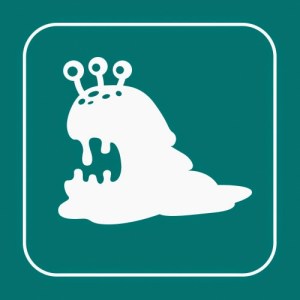

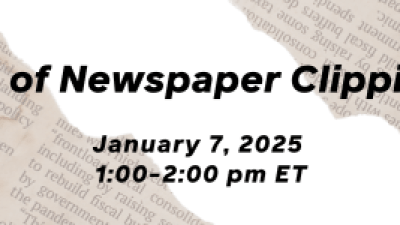
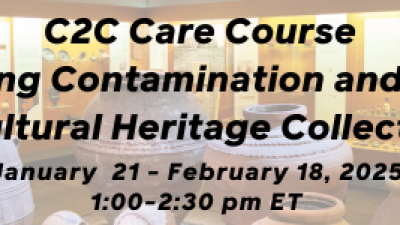
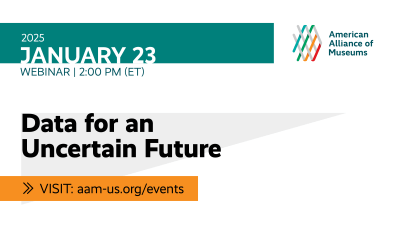
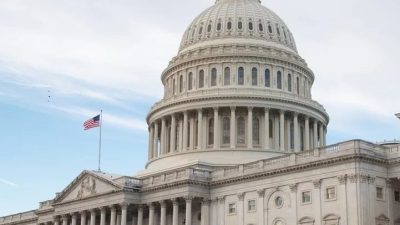
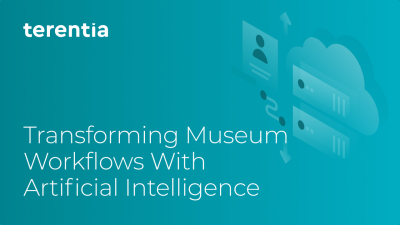
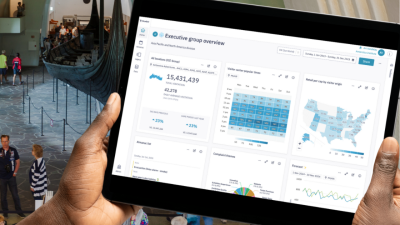
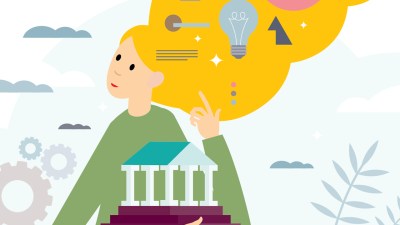
Comments